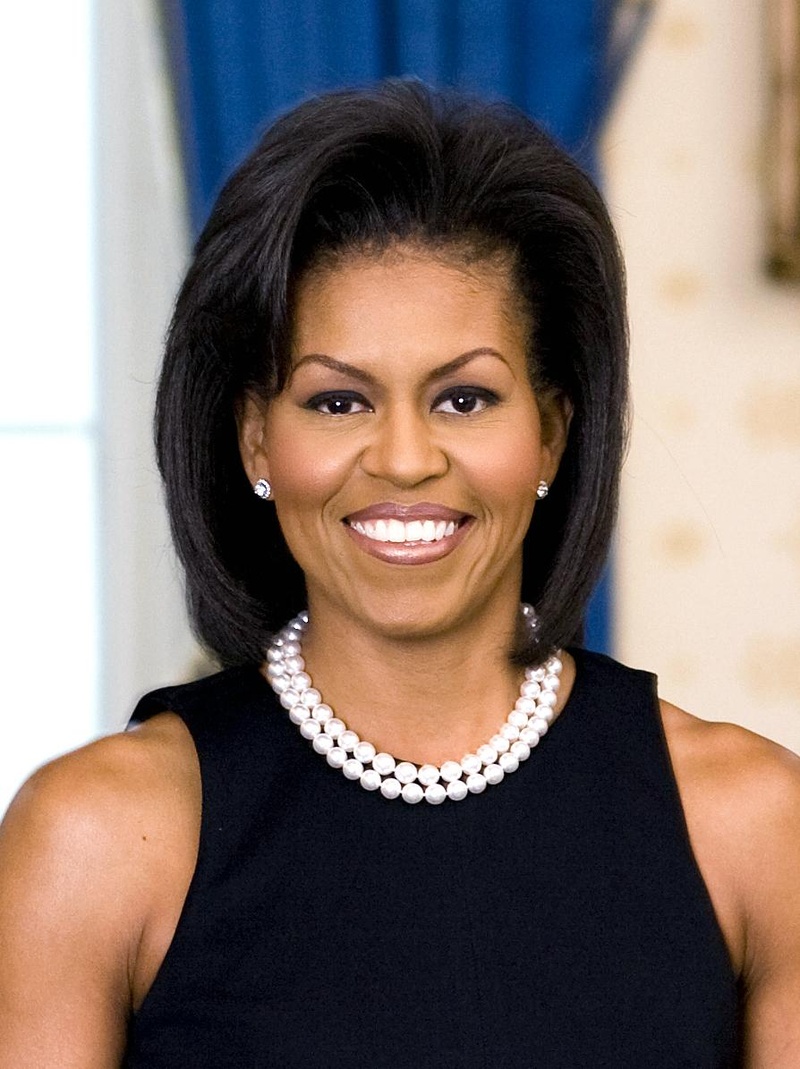When Ilene Seidman saw a photo in the newspaper of the 2004 Democratic National Convention’s keynote speaker and his wife, she was shocked.
Upon seeing the picture, Seidman called a friend and asked, “Isn’t that Michelle Robinson?”
Though Seidman had known both then-Senator Barack Obama and Michelle Robinson during their respective years at Harvard Law School, she did not know the two had married because their years at Harvard never overlapped. Michelle graduated in 1988, only a few months before Barack entered as a first-year.
Before future President Barack Obama dominated classroom conversation, Michelle Obama impressed faculty and mentors with her quiet yet intelligent demeanor and concern for others.
These attributes, cemented during her time at the Law School, have translated into a successful career in the office of the First Lady.
QUIET, SELF-CONTAINED
Law School professor Charles J. Ogletree, Jr. first encountered Michelle as a student in his special course called “Saturday School.” The course was intended to teach first-generation lawyers the tricks of the trade, including study skills and tactics for speaking up in class.
Ogletree remembered Obama not as a domineering student, but one who constructively contributed to class discussion.
“She was someone who thought a lot about what was being said and had a lot to offer to others who had the same sense that it’s better to be docile and reflective than to be outspoken and wrong,” Ogletree said.
Law School professor David B. Wilkins ’77 taught Obama in one of his first classes of students in a course about legal ethics.
Wilkins said that the topics of the course fascinated Obama, who was “very focused around the responsibility of lawyers to make the world a better place.”
Obama, who was concerned with making Harvard itself more equitable, entered a Law School racked by ideological differences, divided into progressive and conservative camps. A major source of controversy emerged over the appointment of minority and female faculty.
During Obama’s third year, the Black Law Students Association, of which she was a member, staged a sit-in in the office of James Vorenberg ’48, then-Dean of the Law School, to address their concerns about the hiring of minority faculty.
Ogletree said that while Obama was very supportive of these efforts, her focus was primarily concentrated on helping those less fortunate than herself.
MAKING A DIFFERENCE
Read more in News
Soledad M. O'Brien













